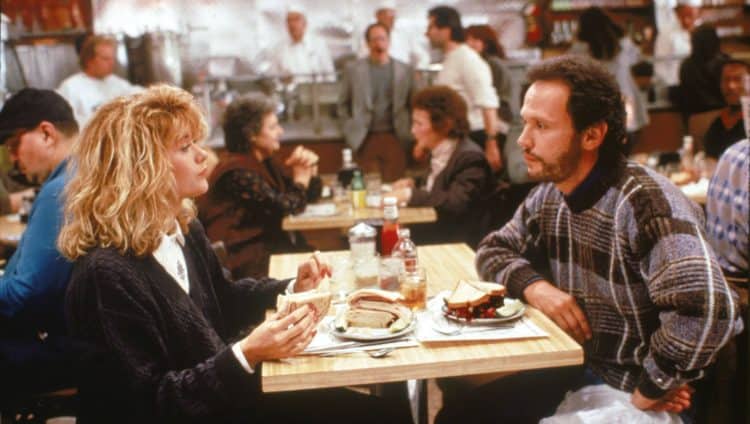
Movies often use restaurants as settings and props, and while they occasionally get it right, there are still plenty of misconceptions that persist. Some of these inaccuracies are intentional, while others stem from the filmmakers’ own experiences and perceptions. The truth is, restaurants in real life are quite similar to their on-screen counterparts, but there are a few key differences that are worth noting. With the pandemic causing many restaurants to close or shift to outdoor dining, the landscape of the industry has changed, but the core aspects of the business remain the same.
Let’s dive into five common misconceptions about the restaurant business that movies often get wrong.
1. Chefs are offended when you send food back – not quite, but expect a delay.
While I could share some horror stories that might make you reconsider dining out, I’ll spare you the details. If you do decide to send your food back to the kitchen, make sure it’s for a valid reason. Otherwise, you might not see your plate for a while, depending on the restaurant’s busyness. Chefs typically don’t take it personally; they’re more focused on quantity rather than quality. So, if you send your plate back for a minor issue, be prepared to wait.
2. Servers are uneducated and earn minimum wage – far from the truth.
Many servers are either students, working multiple jobs, or simply in need of employment. Treating them with kindness and respect can go a long way in ensuring great service, as they’re usually doing their best to keep you happy (and earn a decent tip). Don’t assume that they’re uneducated just because they work in a restaurant. Many servers are working their way through college or have degrees but need a job to pay the bills.
3. Busboys are unskilled laborers – there’s a grain of truth, but not much.
Busboys and busgirls have one of the toughest jobs in the restaurant industry, as they’re responsible for clearing tables, dealing with messes, and assisting servers when needed. They shouldn’t be looked down upon, as they’re often working to fund their education or simply make ends meet. For many, it’s their first job, which means they’re learning on the go. Most bussers are quick learners who aspire to become servers or find better-paying jobs.
4. Restaurant workers want to leave their jobs – not always the main goal.
While working in a restaurant can be a stepping stone to other opportunities, many people genuinely enjoy the food service industry. They thrive on interacting with others and fulfilling a basic human need. Of course, there are those who enter the industry without fully understanding what they’re getting into and eventually want to leave, but that’s not the primary motivation for most workers.
5. The customer is always right – a highly conditional concept.
The notion that the customer is always right is baffling. There are instances when the customer is indeed right, usually when the restaurant staff hasn’t met their needs professionally. However, if a customer is demanding, unreasonable, or disrespectful, the ‘customer is always right’ attitude quickly crumbles. In reality, the customer is right until they’re in the wrong.
 Follow Us
Follow Us





